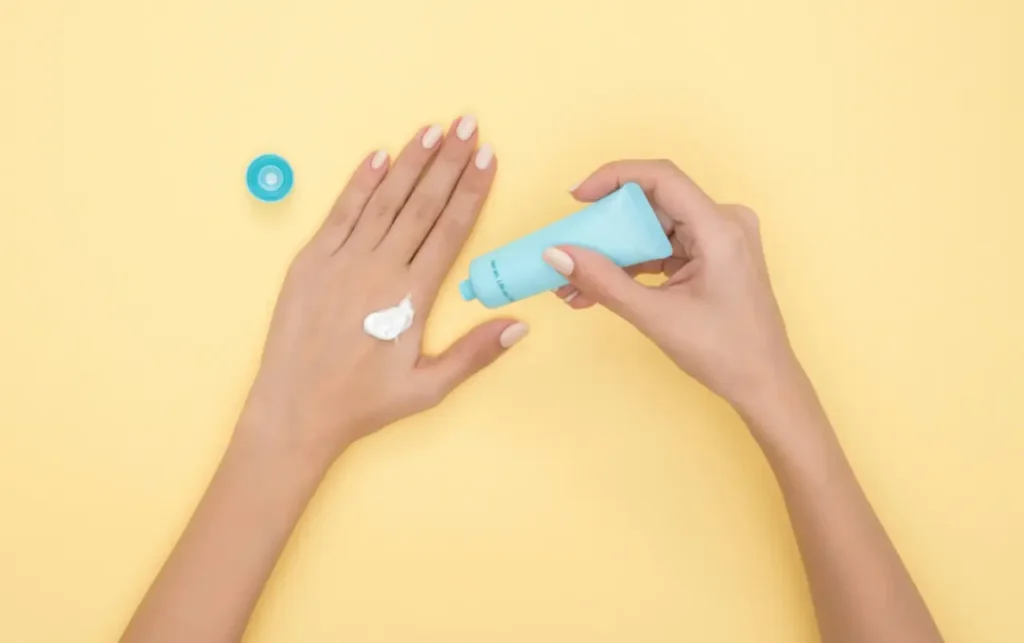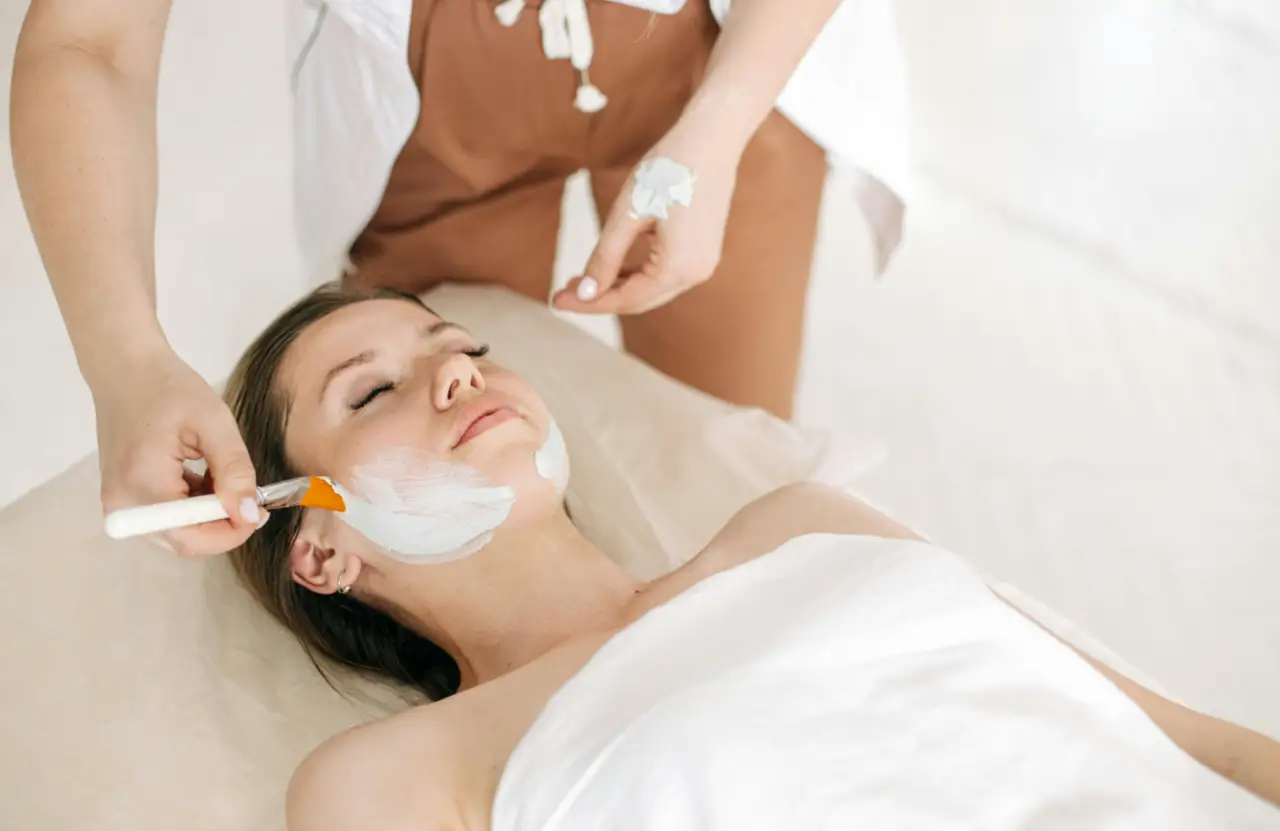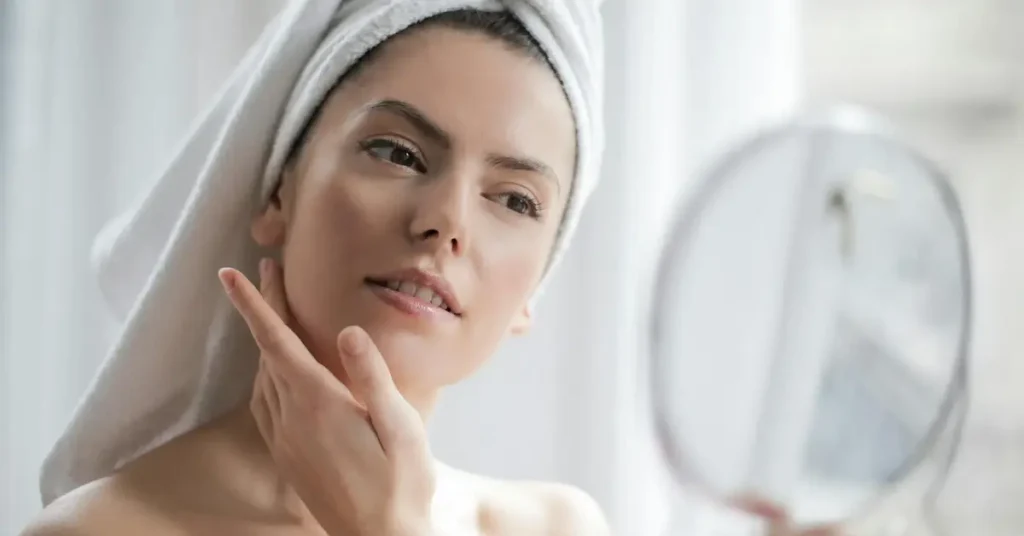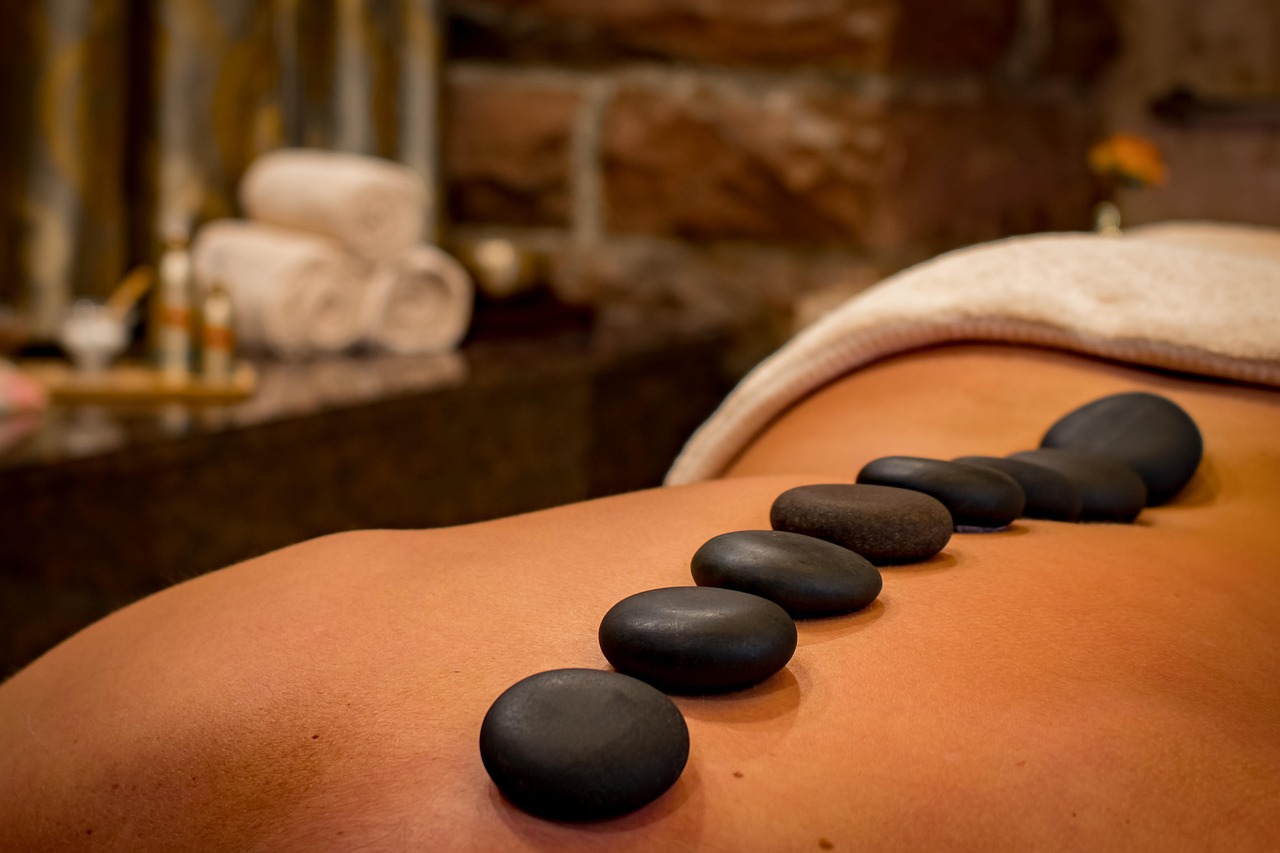Lately, it seems you can’t go anywhere without bumping into a bottle of kombucha, yogurt, or some other fermented food. Although these staples have been enjoyed for centuries—Koreans, for instance, started preserving vegetables around 2,000 years ago—fermented foods have seen a major revival in the past decade, thanks to research highlighting their positive impact on the gut microbiome. This microbiome, in turn, plays a key role in promoting better sleep, reducing inflammation, and more. But now, this trend is moving from the kitchen to your skincare routine.
While ingredients like lactic acid and hyaluronic acid have been created through fermentation for years, more beauty brands are now fermenting ingredients like peptides and mushrooms. The result? Skincare benefits with less irritation. Let’s dive into this innovative approach.

What is fermented skincare?
The process of fermentation isn’t as complicated as it sounds.
“Fermentation involves feeding an ingredient to a microbe—like bacteria or yeast—which then transforms it into something new,” explains dermatologist Dr. Whitney Bowe. “This transformation releases nutrients and beneficial bacteria.” For example, when making kimchi, plain cabbage is fed to lactobacilli (a type of bacteria), which gradually ferments the cabbage into kimchi.
The bacteria found in fermented foods, and even probiotic supplements, help support the gut microbiome—a delicate ecosystem of millions of microorganisms. Factors like stress, poor sleep, and a sugar-laden diet can disrupt this balance, causing inflammation that affects the skin, says Bowe. “An imbalanced gut may contribute to skin issues such as eczema, acne, and even premature aging.” Now, let’s talk about how this relates to your skincare routine.
What does science say about fermented skincare?
Though research is still developing, some studies show promise. For example, a study in the Journal of Medicinal Food found that fermented red ginseng was both less irritating and more effective than its non-fermented counterpart. Other research suggests that certain plant extracts, when fermented, might offer some protection against sun damage.
That said, it’s difficult to generalize these results to all fermented ingredients, notes Bowe. But the ingredients in many fermented products—like vitamin C—already come with well-documented benefits, whether fermented or not. So, why not embrace the bacteria-powered boost?

How does fermentation benefit beauty products?
Much like with food, beauty brands select specific ingredients, introduce microbes, and allow the fermentation process to unfold. The result is a variety of skincare products, such as serums and masks, with unique advantages:
- More Efficiency with Less
Fermenting an ingredient can enhance its potency, meaning you might need a smaller amount to achieve the same, if not better, results compared to the traditional version. “When you ferment a plant extract, the concentrated benefits increase,” says formulator Dr. Loretta Ciraldo. - Sustainability Gains
Fermentation offers a cleaner, more sustainable method of ingredient production. By relying on plants and microbes, “the process uses natural resources to create natural by-products,” says cosmetic chemist Marisa Plescia, a scientist at NakedPoppy. - Ideal for Sensitive Skin
Through fermentation, certain ingredients may become less likely to irritate sensitive skin, Ciraldo adds. If a particular ingredient feels harsh for your skin, its fermented form might be gentler. Though the science behind this is still being explored, experts suspect that fermentation supports skin barrier health by balancing acidity levels.
Fermented beauty is more than a trend—it’s a centuries-old tradition making waves in the skincare world, offering both sustainability and results for every skin type.





